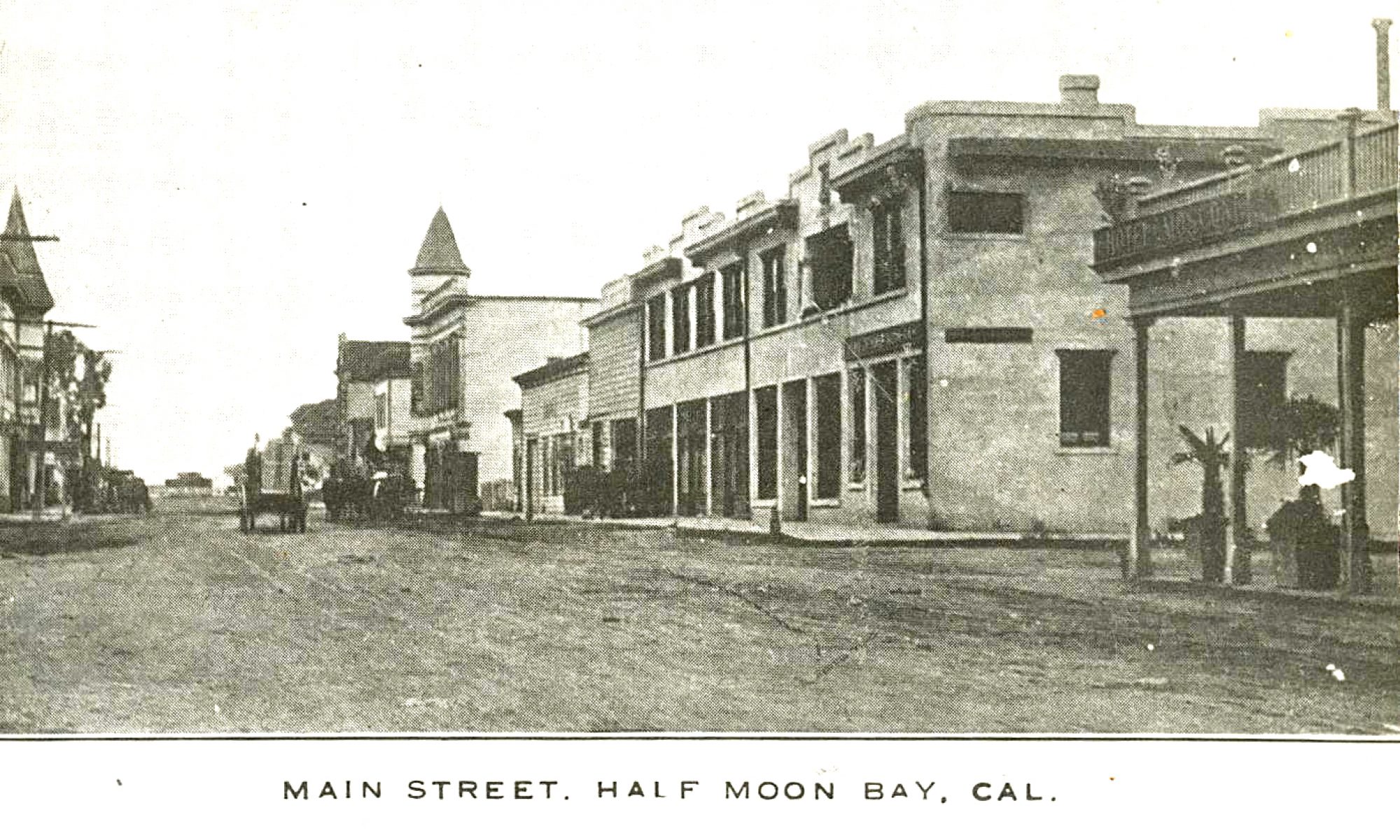Story by June Morrall
On the Coastside, we who live in El Granada are lucky to have post office boxes. You can choose home delivery via the Half Moon Bay Route, but hardly anybody does, especially down here in the flatlands where I live. That’s because you can walk to the post office.
When folks move to El Granada, one of the first things they do is visit the post office to get a mailbox. It’s a “rite of passage,” an initiation, if you will. It’s got to be a unique experience for newcomers used to big city ways.
I can’t remember ever dreading the idea of going to the El Granada Post Office. Like: “OH NO! I have to go to the post office today.” Although the post office has moved from the north part of “town” to the south part of town, and in between, I’ve mostly walked there for nearly 40 years. Roundtrip, unless I go to the beach, it’s a 14- minute walk. Sure, sometimes I drive.
In El Granada (and, I bet it’s similar in Moss Beach and Montara, where the old Ocean Shore Railroad beach towns still retain their individuality), the post office is the center of our community. We don’t have a main street but we do have the post office. That’s where, even if you are a hardened hermit, you will run into friends you haven’t seen for years, who bring a smile to your face— as well as folks you may not now know, but I predict you will know in the future.
It’s the place where politicians [gently] hustle for votes, where local activists ask for signatures on petitions and organizations want you to buy their raffle tickets. It’s the place where the Bach Dancing & Dynamite Society’s Pete Douglas will hand you a music program and tell you, you’ve got to come to the next live show. I’ve never witnessed a “hard sell” in this soft-hearted town. But on many days, these kinds of things may not be your cup of tea (and, we’re all grateful that we have the option of slinking in and out of the post office, and there’s an “art” to that)— but remember the politicians, the activists, the raffle people— the friends or neighbors you haven’t seen in years—are all local. The faces are familiar. And isn’t that reassuring in a broader world that isn’t?
